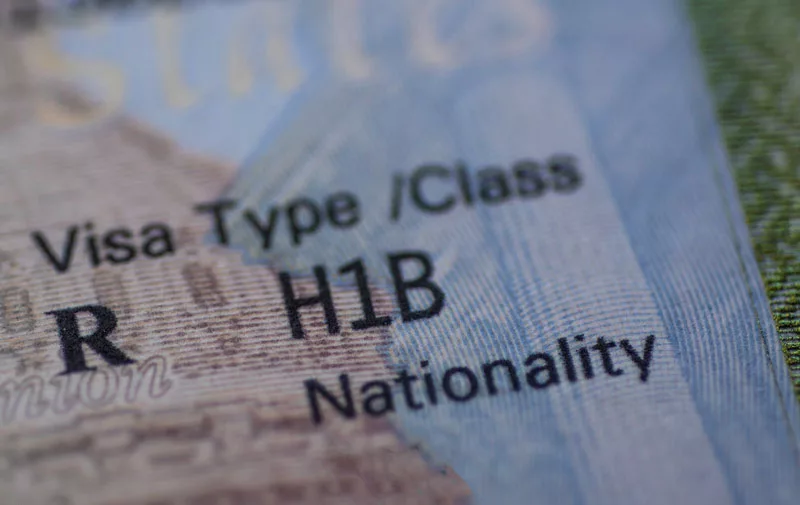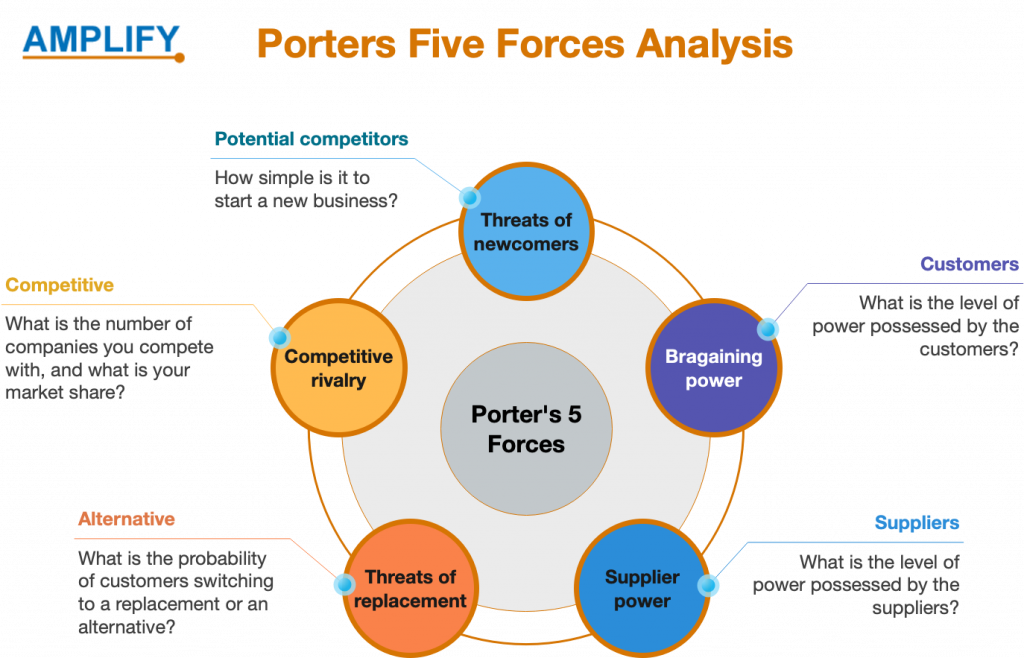The Peer-to-peer business model is a strategy that revolves around enabling direct transactions and interactions between individuals or peers.
In this model, participants can engage in activities such as sharing resources, offering services, and exchanging goods without the need for intermediaries. In addition, the “Peer-to-Peer business model” utilizes technology platforms or marketplaces to facilitate peer-to-peer transactions. In addition, the model fosters a sense of community and trust among participants through their direct interactions and transactions.
Airbnb, Uber, eBay, Offerup, and Freelancer.com are some examples.
Utilizing content generated by users
In addition, the “Peer-to-Peer business model” frequently relies on user-generated content or contributions to create value and a thriving ecosystem. In addition, this model typically provides advantages such as cost savings, increased convenience, and access to a vast selection of offerings. Moreover, the “Peer-to-Peer business model” is frequently associated with collaborative consumption, in which individuals can access and use underutilized resources or services from their peers.
Encouraging sustainability and the efficient use of resources
By promoting sharing and waste reduction, the model promotes sustainability and the efficient use of resources. In addition, participants in a peer-to-peer marketplace frequently have the option of setting their own prices or negotiating terms directly with other participants, allowing for a degree of flexibility and customization. Lastly, the “Peer-to-Peer business model” has gained significant popularity in a variety of industries, including transportation (e.g., Uber), lodging (e.g., Airbnb), and crowdfunding (e.g., Kickstarter).
Summary
The “Peer-to-peer business model” facilitates direct transactions and interactions between individuals, leveraging technology platforms, fostering community, relying on user-generated content, offering cost savings and convenience, promoting sustainability, enabling customization, and finding application in diverse industries.
The following are some additional examples of businesses that operate using the peer-to-peer business model:
Uber is a transportation network company that operates a platform that connects riders with drivers who provide transportation services using their own personal vehicles. A peer-to-peer transportation network is established as a result of the ability of individuals to make ride requests and pay for the rides directly to the driver.
TaskRabbit is a platform that connects people who need assistance with a variety of tasks and chores with individuals who are able to provide those services to the people who need assistance. It gives users the ability to post tasks and receive bids from “Taskers” who are available and who are able to complete the tasks that have been requested.
Etsy is an online marketplace that enables individuals to sell handmade crafts, vintage items, and other one-of-a-kind goods directly to buyers. Etsy is known by its acronym, Etsy. It grants merchants and artisans the ability to showcase their wares and conduct business directly with end users via peer-to-peer transactions.
Turo is a peer-to-peer car rental platform that enables individuals to rent out their personal vehicles to other people. Turo is also known as “Turo.” It enables direct interactions and transactions between car owners and renters, which provides a convenient alternative to the conventional car rental services that are currently available.
These examples demonstrate the diverse applications of the peer-to-peer business model across various industries, providing individuals with opportunities to engage in direct transactions and leverage their resources or skills to generate income or access services.


















